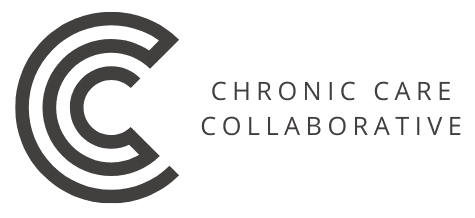Share Your Story
Share Your Story
Your Story Matters
“If you think no one listens or your story doesn’t matter, you are wrong. Legislators need to hear from you- on the phone, in an e-mail, or letter- you can’t solve a problem if you don’t know one exists.”
-Moe Keller, Former State Senator & Vice President of Public Policy & Strategic Initiatives, Mental Health Colorado
Your story of your experience living with or caring for someone with a chronic condition is one of the most valuable tools for helping create lasting change.
Legislators make decisions based on stories just as much as they do with data; our elected officials need to know how those they represent feel about the decisions they are making. Some legislators may have some knowledge about certain issues, but need additional information and your story can help provide that information. Legislators may not know why your issue is important, but you can help them understand. Remember, you are are the expert!
Gretchen M.
I was diagnosed with Multiple Sclerosis (M.S.) at age 40 in 1998. My journey with this chronic disease has been full of ups and downs, along with career changes and many frustrations about the lack of treatment affordability and access. After I had a stroke in my mid-50s that was misdiagnosed as an M.S. flare up, I really saw first-hand the need for strong advocates in the disability world. I realize the importance of having patient advocates since there are critical times in one’s disease progression that you may not have the emotional, physical or financial ability to self-advocate.
Now, I am at a wonderful stage of my life. I feel as healthy and physically able as I have in over a decade. While it was my post stroke experience that exposed me to the needs of patients with severe disabilities, I believe I am well positioned to advocate for people living with M.S. and other chronic conditions.Victor M.
My wife and I found ourselves facing an unexpected challenge when she was diagnosed with hypereosinophilic syndrome, a rare blood condition. As we navigated the complexities of healthcare, we discovered firsthand the financial strain that chronic conditions can impose on families. Determined to make a difference, I embarked on a journey of legislative advocacy to address the issues we encountered and worked with great people at CCC to help make a difference in the lives of those with chronic care, like ourselves!
Legislative advocacy has been a transformative journey, filled with pride and a sense of accomplishment. Knowing that I have played a small role in advocating for affordable healthcare for countless individuals brings immense satisfaction. This experience has shown me the power of citizen engagement and the impact we can have when united behind a common cause. It has deepened my understanding of healthcare policy and the importance of staying engaged beyond legislative victories. I am committed to continuing the fight for accessible and affordable healthcare, ensuring a brighter future for all impacted by chronic conditions. Together, we can make a difference.Stacy H.
I was diagnosed with Multiple Sclerosis on December 25th, 2019. I was recommended to use the National MS Societies website as my primary source of information on MS. As an avid researcher of all things, I dug in and in my browsing found an activist meeting in Denver in January. I stepped out of my comfort zone and went all by myself to the meeting. This lit a fire in me to help those who cannot or aren’t comfortable advocating for themselves. I have found through my advocacy work that I can have an influence! My voice is heard by congressmen and senators, aids, and others who affect change in our system both at the state and national levels. I have made friends with other people with chronic illnesses and through those friendships furthered my knowledge about other issues that need to be addressed and how other states are managing similar issues to what’s going on in our state.
Without advocacy, there can be no change. As they say, you have no right to complain if you aren’t going to do something about it!
Tell Us Your Story Here
Tips For Telling Your Story
- Tell your “why” – why are you here today? What makes your story important?
- Share about what is happening in your community related to the issue.
- Don’t be afraid to keep it simple.

Advocating for Coloradans with chronic conditions and their caregivers.
info@ccc-co.org
303-993-5056

